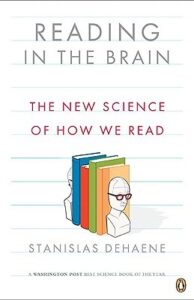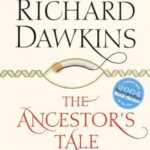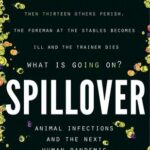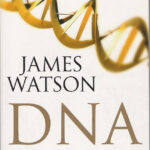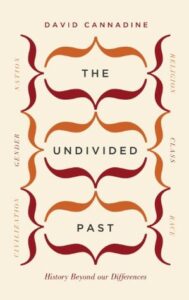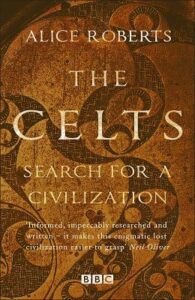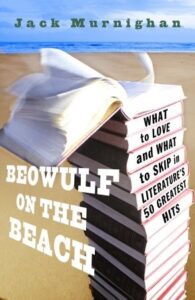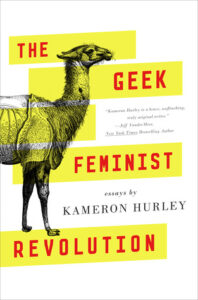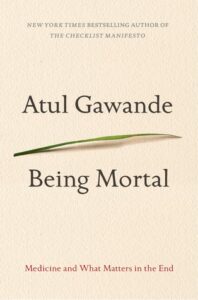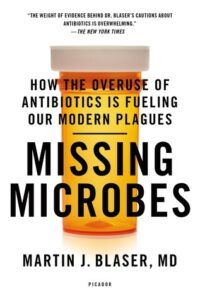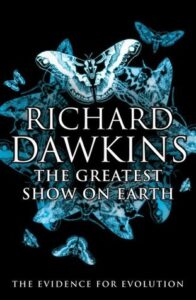 The Princess Who Didn’t Eat Cake, Lynn E. O’Connacht
The Princess Who Didn’t Eat Cake, Lynn E. O’Connacht
Once upon a time, people who weren’t interested in sex (or who weren’t interested in sex to the expected level, or people who were only interested in sex with very particular people) found each other and realised it was a thing, and started to support each other and make a space to talk about how it affected them. And it was great, because it made people a little less alone.
But it’s not always obvious to everyone that this describes them, that this is a useful community to have, etc. So if you’d like to understand a little more about it via the medium of a fairytale, Lynn O’Connacht has got you covered — and the booklet also includes an essay explaining things a little further, and a list of fiction which contains characters who share this experience. The focus in this case is specifically demisexuality, but honestly I think it’s something relevant to anyone on the asexual spectrum, or anyone curious about it.
Disclaimer: I helped to edit the non-fiction essay, and Lynn is a friend of mine.
You can find the ebook here! You’ll be pleased to know that it’s “pay what you want”, so if things are tight, you can still pick it up.

